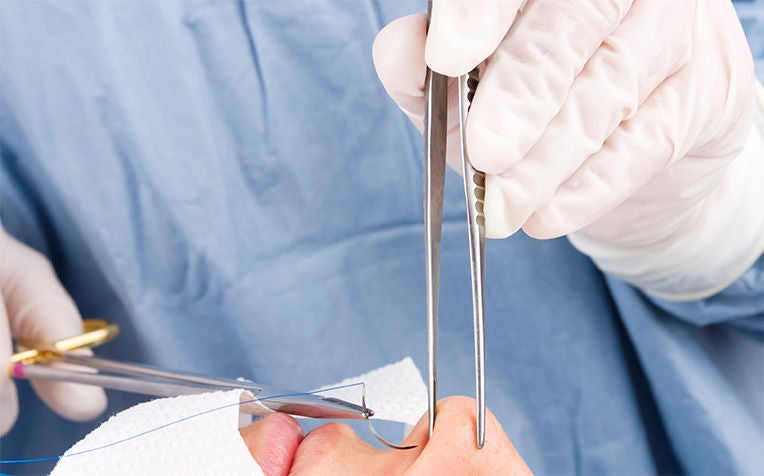
Nose cancer is the eighth most common cancer in Singapore.
Nose cancer treatment: How do the doctors decide?
Nose cancer treatment may include radiotherapy and/or chemotherapy to destroy cancer cells, or surgery to remove the cancer completely. In other words, nose cancer may be curable.
Dr Terence Tan, Senior Consultant, Department of Radiation Oncology, National Cancer Centre Singapore (NCCS), a member of the SingHealth group, explains: “Treatment for nasopharyngeal cancer depends on various factors, such as the location of the cancer, extent of the disease, any presence of cancer spread, how far is the spread, as well as the age and the general health of the patient.”
Nose cancer types of treatment
- Radiotherapy: This uses high-energy X-rays or other types of radiation to kill cancer cells via either external means (using a machine to send radiation towards the cancer) or internal means (using a radioactive substance sealed in needles, seeds or catheters and placed near or into the cancer).
- Chemotherapy: This uses drugs which are injected through the veins to stop the growth of cancer cells.
- Surgery: This involves removing the cancerous tumour during an operation.
- A combination of the above treatments
Side effects of nose cancer treatment, and how to prevent nose cancer
Sometimes, side effects may arise. For instance, patients who undergo radiotherapy or chemotherapy for nose cancer may experience hair loss, a dry and sore mouth, or a loss of taste and smell as the treatment progresses. Dr Tan reassures: “The side effects vary from person to person – the type and severity of any side effects have nothing to do with the success of the treatment.”
The exact causes of nose cancer are not known, so there are no definite ways to prevent it. However, avoiding salt-cured foods and preserved meats might help to reduce the risk. “Also, a diet rich in fresh fruits and green vegetables can lower your cancer risk,” advises Dr Tan.
A support group for nose cancer patients
The NPC (Nasopharyngeal or Nose Cancer) Support Group aims to provide knowledge, psychological and emotional support to nose cancer (NPC) patients and care-givers through organised activities, talks, care and the sharing of experiences and practices related to nasal cancer.
Ref: N18
Contributed by














 Get it on Google Play
Get it on Google Play